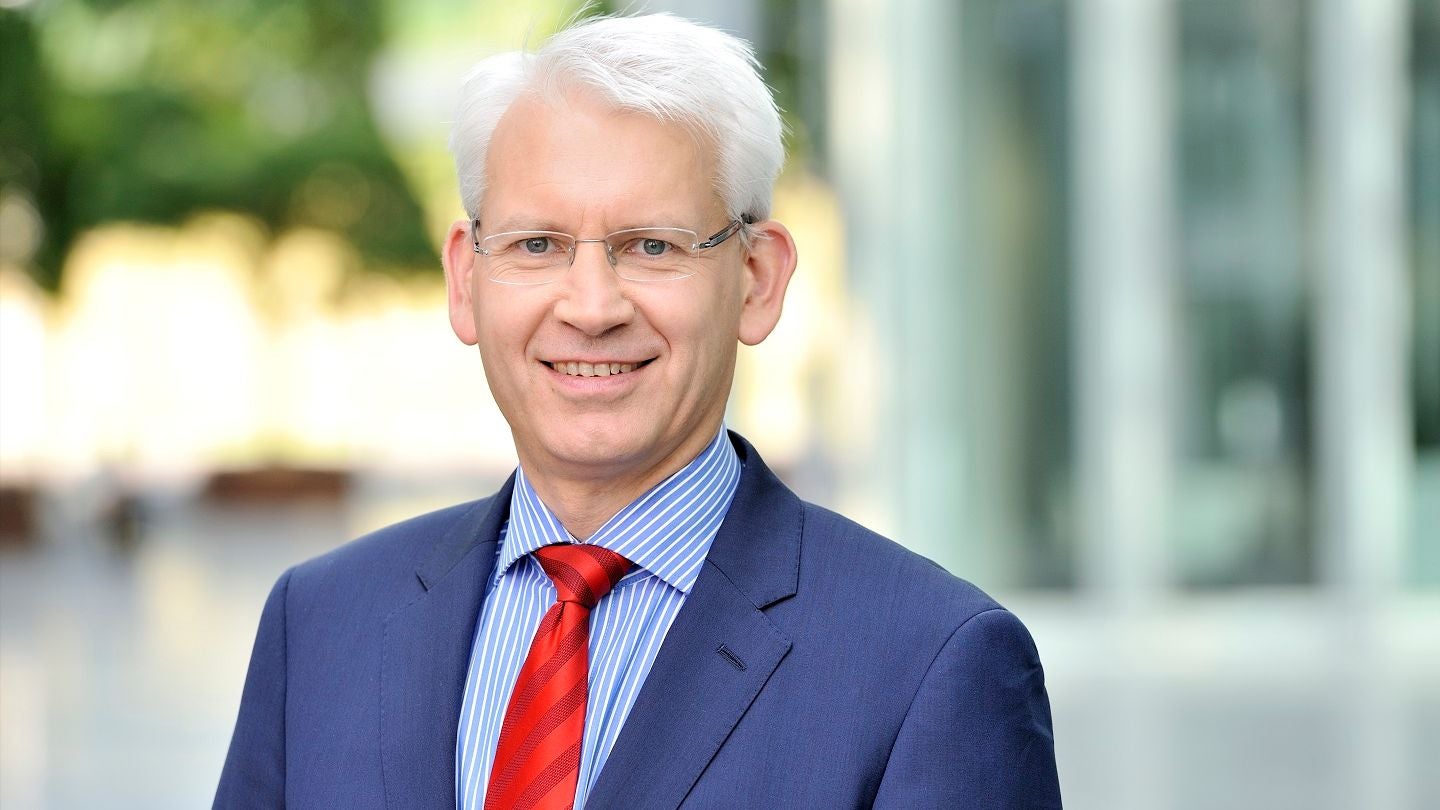
German state-owned energy company Uniper, which was bailed out in 2022, has returned to profit in the first half of 2023 and has committed €8bn ($8.79bn) towards the green transition in the country up to 2030.
The company reported an adjusted net income of €2.49bn in the first six months of 2023 following a loss of €490m in the previous year.
Half-yearly adjusted earnings before interest and taxes (EBIT) stood at €3.7bn vs a €757m loss in H1 2022.
Adjusted earnings before interest, taxes, depreciation and amortisation for the six months to June 2023 were €4.07bn, compared with a €385 loss in 2022.
The rebound was attributed to the company’s hedging strategy, which was tied to gas supply commitments.
Looking ahead to 2023, the group forecasts full-year adjusted EBIT and adjusted net income in the “middle single-digit billion range”.
Uniper CEO Michael Lewis stated: “The crisis last year demonstrated the central role Uniper plays in the energy market. We were financially stabilised by the German federal government just under eight months ago, and only a short time afterward we achieved the turnaround.
“We have significantly diversified our gas procurement. Our supply obligations to municipal utilities and industrial customers for 2023 and 2024 – which we entered into before the Russian supply disruption – are almost fully hedged by forward transactions.
“Today I can therefore say with certainty that 2022 will not repeat itself for us. Our successful stabilisation and financial recovery have again given us latitude for new growth and corporate transformation.”
The company stated that it will facilitate energy transformation through “flexible, balanced and bespoke” forms of energy production.
The company is planning its own power plants, including solar and wind farms. It aims to have 80% of its installed generating capacity from zero-carbon sources by 2030.
It also plans to end coal-fired power generation by the end of the 2020s and has set a 2040 target for scope 1 to 3 emissions carbon neutrality, a decade earlier than originally planned.



